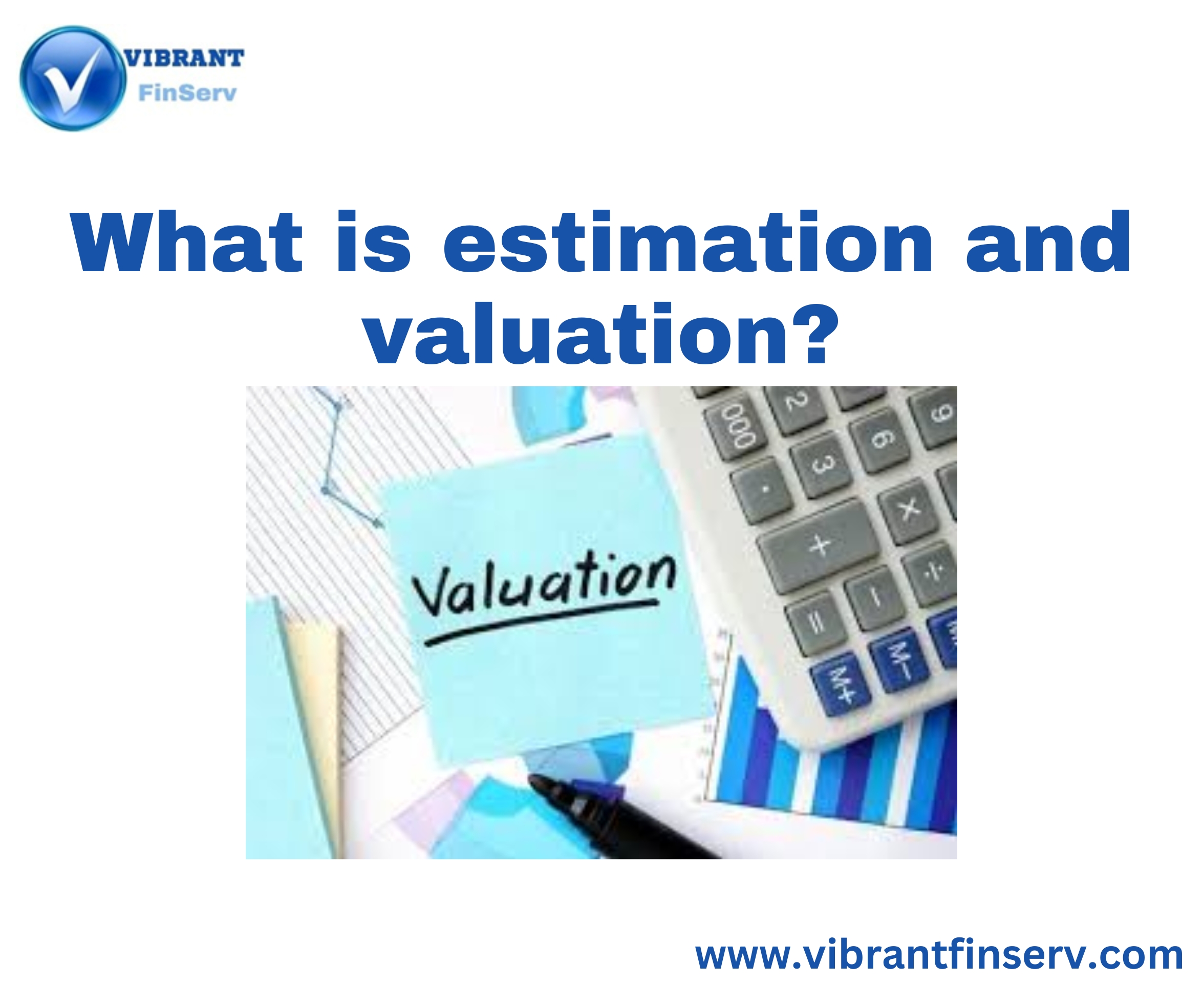What are the objectives of preparing financial statements?
Preparing financial statements Preparing financial statements: The objectives of preparing financial statements are as follows: 1. Providing Information: Financial statements aim to provide relevant and reliable information about the financial performance, position, and cash flows of an entity. They offer insights into the organization’s financial activities, enabling stakeholders to make informed decisions. 2.Assessing Performance: Financial… Read More »






